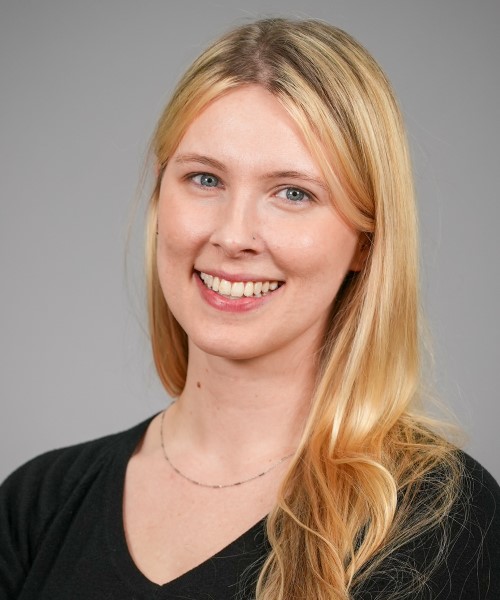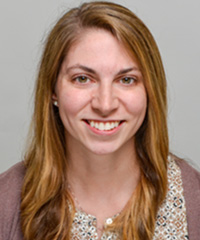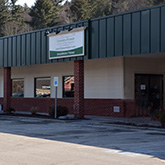At Central Vermont Medical Center our Speech Language Pathologists (SLPs) diagnose and treat both children and adults with language impairments.
At CVMC Rehabilitation Services, our Speech Language Pathologists work with both children and adults to diagnose and treat language impairments.
Our clinicians provide modern evidence-based diagnosis, planning, intervention in the treatment of all types of language impairments, collaborating with the family and other healthcare and rehabilitation professionals.
Children - Specific Language Impairment (SLI)
Our clinicians provide up-to-date, evidence-based interventions and collaborate with parents to improve the language faculties of children with specific language impairment (SLI).
About SLI
Most children acquire language through environmental exposure to language without any special assistance, but for some children with otherwise normal development, the acquisition of language is relatively difficult. Despite normal intelligence and hearing, their language development is impaired. In some individuals visuospatial skills are also impaired.
Children with specific language impairment (SLI) may exhibit the following traits:
- say their first words later (are often “late talkers”)
- combine words later than their peers
- their language development reaches a plateau earlier
- have a high frequency of errors, and unusual types of errors
In English, morphology (the structure of words) and syntax (the relationship between words in a sentence) are the areas that cause the most difficulty. Children with specific language impairment have difficulty with grammatical inflections: parts added to words that express attributes (eg, possessive s, as in Jane's dog, or the change from “going” to “went” to mark time). Many of these areas of impairment can persist into adolescence and adulthood.
Despite the use of the word “specific,” SLI is often not specific. Children often have associated impairments in motor skills, cognitive function, attention, and reading. Children often have limitations in phonologic working memory, verbal working memory, and trouble processing rapidly changing sounds. Both genetic and environmental factors are related to specific language impairment.
Sources: Rescorla L. Age 17 reading and language outcomes in late-talking toddlers: Support for a dimensional perspective on language delay. J Speech Lang Hear Research. 2009;52:16-30. Webster RI. Neurobiology of specific language impairment. J Child Neurol. 2004;19(7):471-481.
Adults - Aphasia
The clinicians at CVMC provide modern evidence-based diagnosis, planning, intervention in the treatment of all types of Aphasia (see below), collaborating with the family and other healthcare and rehabilitation professionals.
About Aphasia
Acquired language disorder in adults is called “aphasia” (from the Greek “without speech”), and can affect any aspect of language functioning, including difficulty producing or comprehending spoken or written language. Depending on the location and extent of brain damage, someone suffering from aphasia may be able to speak but not write, or vice versa, or not speak at all, or speak with “nonsense” words or “word salad”, or display any of a wide variety of other deficiencies in language comprehension and production. It can also include difficulty reading (alexia), loss of mathematical capability (acalculia), trouble with word retrieval (anomia), and often co-exists with motor speech or speech execution difficulty (dysarthria, apraxia).
 Speech Language Pathologist
Speech Language Pathologist Speech Language Pathologist
Speech Language Pathologist

CVMC Rehabilitation Therapy - Berlin
Phone
Fax
802-371-5350

